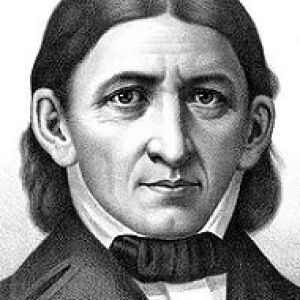Emily Shirreff
'Whenever we have learned to take interest in a man's opinions, or his public action and influence, we naturally desire to know more about his life - to see what circumstances went to form his character, what peculiar impulses or purposes shaped his destiny; and thus we may concluce that members of a Fröbel Scoiety, persons associated to aid in carrying into effect the views of this man Fröbel on a subject of the highest importance, must be interested in tracing out the history of his life.' Emily Shirreff
The Froebelian movement was composed mainly of women. It can be regarded as part of the woman's movement and because it supported and helped middle class women get employment it is also seen as part of feminist history. Conflict mainly resulted in women confronting other woman. However, there were also male critics, whose Darwinian notions threatened to depose the Froebelian domination of early childhood practice.
The first Kindergarten opened in England in 1851. Many of the Froebelian supporters were Germans who had come to settle in England. Following Froebel's death (1852) these women became indefatigable advocate of woman's education. Emily Shirreff, along with her sister, Marcia Grey, produced an authoritative version of the Kindergarten which was soon crystallised into an orthodoxy.
In the 1870s, the sisters actively turned their attention to promoting education. Emily helped raise funds for the North London Collegiate School and continued to write papers on women's education. She was also an early mistress of Girton College, Cambridge, and remained connected to the College until her death. Emily was one of the founders of the Froebel Society and was its president from 1876 until her death. She also wrote many articles and booklets on kindergarten education. Emily was also the vice-president of the Parents' National Union.
- 0
- 0
- Apple iPhone
- f/2.8

Comments
Sign in or get an account to comment.


